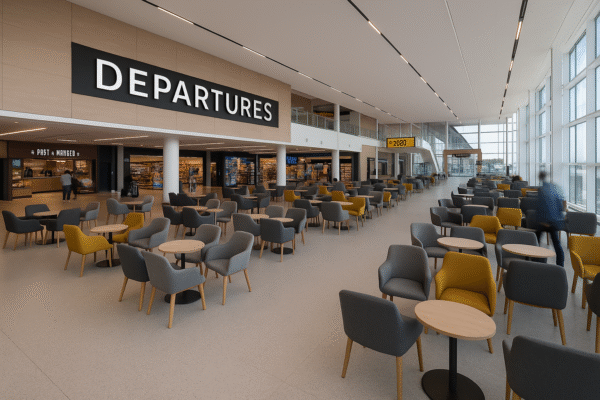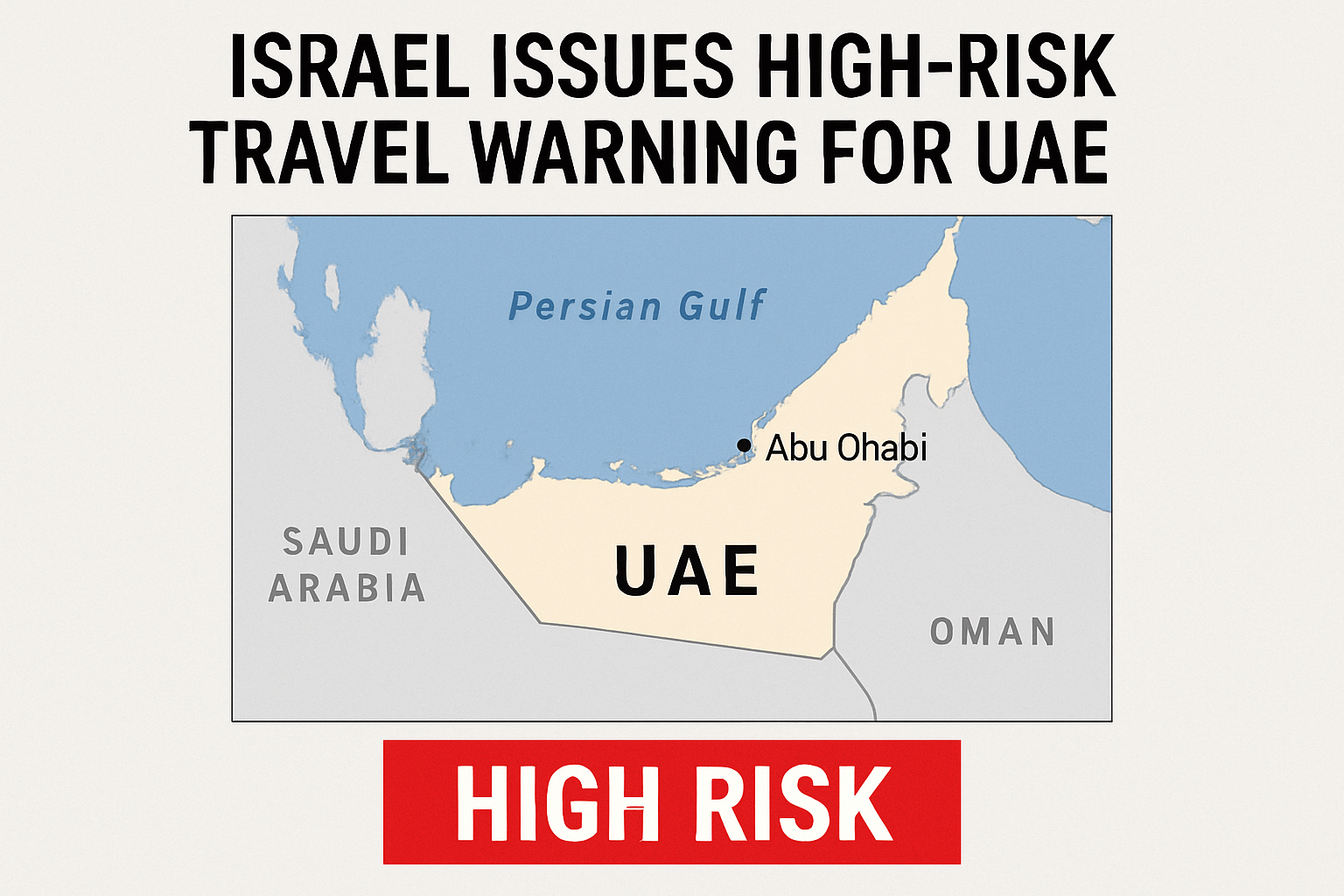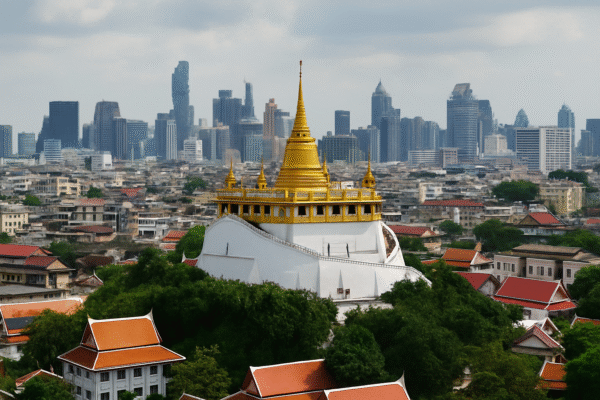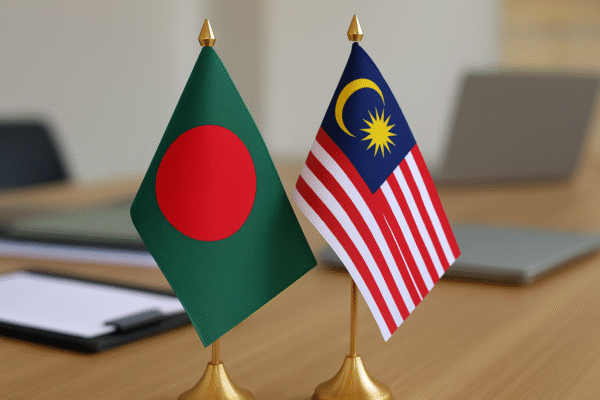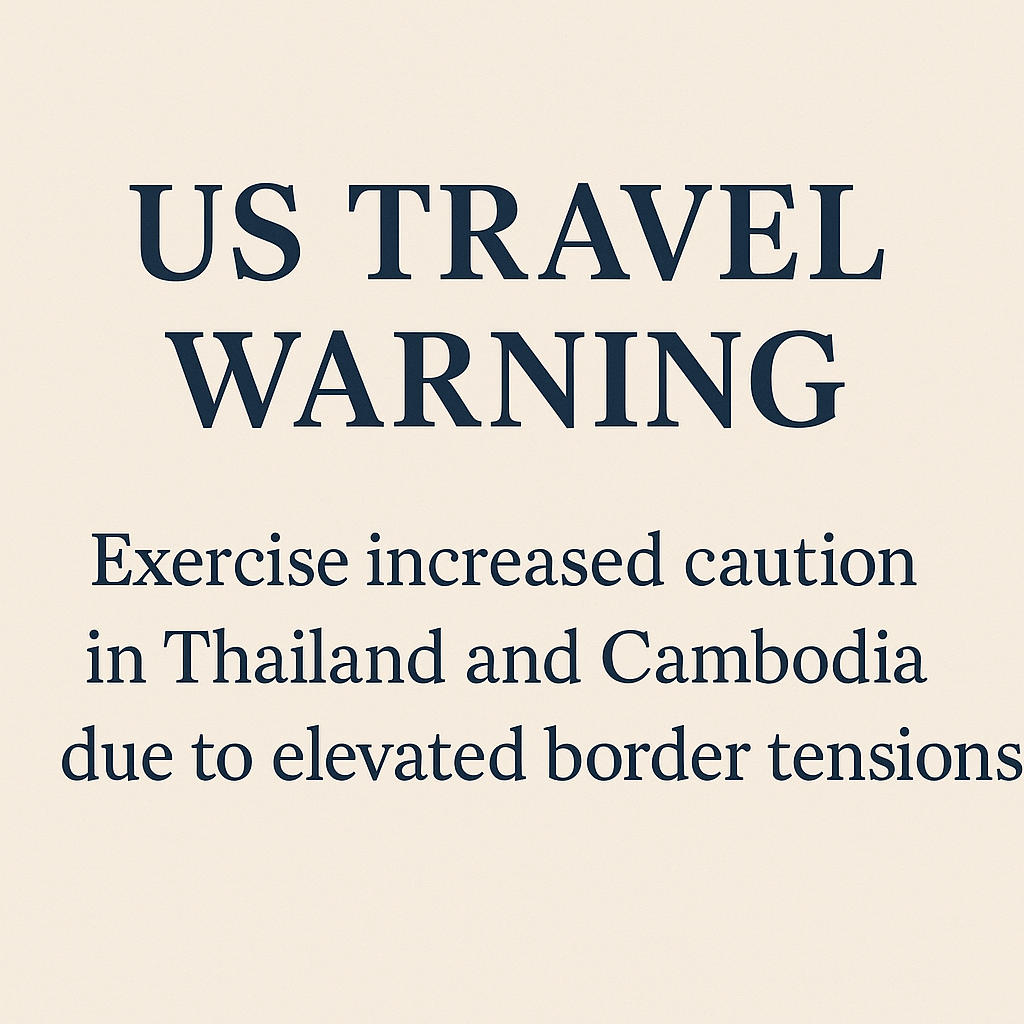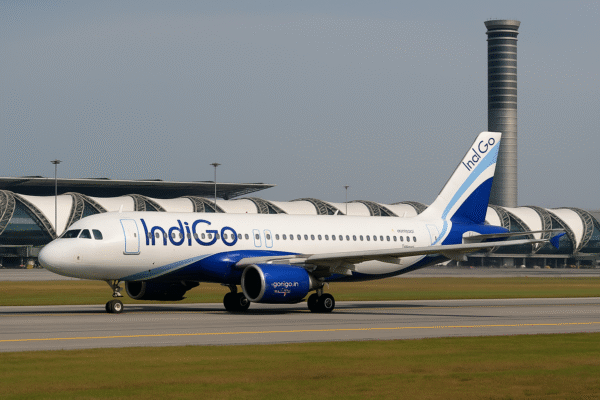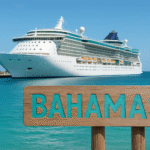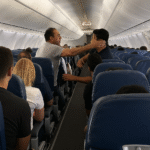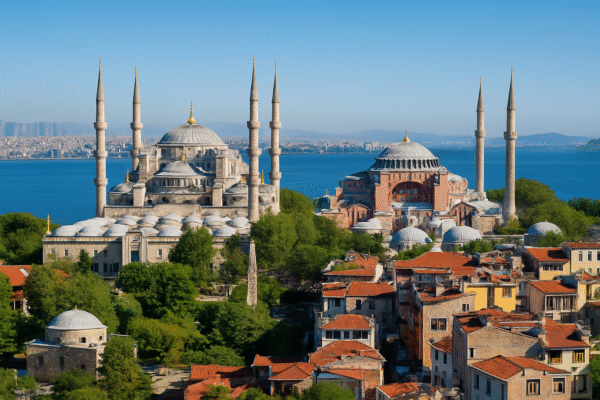In response to escalating violence along the Thai-Cambodian border, the United States Department of State has elevated its travel advisory for Thailand and Cambodia to Level 2 – Exercise Increased Caution, warning American tourists of heightened risks associated with border tensions and political unrest. This move, issued as part of the Department’s broader 2025 update to international travel guidance, aims to ensure the safety of U.S. citizens amid growing instability in parts of Southeast Asia.
Understanding the Updated Advisory System
The U.S. government classifies its travel advisories into four levels:
- Level 1 – Exercise Normal Precautions
- Level 2 – Exercise Increased Caution
- Level 3 – Reconsider Travel
- Level 4 – Do Not Travel
Thailand and Cambodia are now officially under Level 2, but certain zones—particularly within 50 kilometers of the border—are classified under Level 4, which strongly advises against any travel due to active armed conflict.
What’s Driving the Advisory Change?
The latest decision is driven by heightened instability along the Thai-Cambodian border, where several violent clashes have occurred in recent months. Southern Thailand provinces like Yala, Pattani, and Narathiwat continue to experience sporadic insurgent activity, while cross-border skirmishes near Preah Vihear and Battambang have raised international concern.
In May 2025, an armed confrontation resulted in dozens of fatalities and prompted the displacement of more than 300,000 people. The situation triggered diplomatic engagement from neighboring countries, including Malaysia and Indonesia, to mediate a ceasefire, which, while successful in halting large-scale conflict temporarily, remains fragile.
Regions Tourists Should Avoid
The U.S. State Department has specifically warned against traveling to the following regions due to safety concerns:
- Yala, Pattani, Narathiwat (Thailand) – Insurgent attacks, bombings, and kidnappings have made these provinces some of the most dangerous in the country.
- 50-Kilometer Thai-Cambodian Border Zone – Includes areas in Surin, Sisaket (Thailand) and Oddar Meanchey, Preah Vihear (Cambodia). These regions are currently classified under Level 4, reflecting an immediate and severe threat to personal safety.
While major cities like Bangkok, Chiang Mai, Phnom Penh, Siem Reap, and Phuket remain safe and open to tourism, travelers are urged to monitor local news, follow embassy alerts, and avoid engaging in protests or politically sensitive conversations while abroad.
Official Recommendations for American Travelers
If you plan to travel to Thailand or Cambodia in the coming months, the U.S. Department of State urges the following:
- Enroll in STEP (Smart Traveler Enrollment Program): This free service allows U.S. citizens to receive real-time safety updates and helps embassies locate citizens in emergencies.
- Travel Insurance with Evacuation Coverage: Make sure your policy covers medical evacuations, trip interruptions, and conflict-related disruptions.
- Avoid Travel at Night in rural or border areas.
- Keep Embassy Contacts Handy: The U.S. Embassy in Bangkok and Phnom Penh can provide assistance in emergencies.
Impact on Regional Tourism
The advisory has already impacted tourism flows into Thailand and Cambodia, especially in secondary border towns and northern rural provinces, where international visitor numbers have dropped sharply. Travel agencies have reported a 25–40% decrease in bookings to provinces near conflict zones, with cancellations most common among U.S., Canadian, and European tourists.
Despite this, major tourism destinations like Angkor Wat, Bangkok’s Grand Palace, and Thailand’s islands remain bustling. According to the Tourism Authority of Thailand (TAT), the country welcomed 16.4 million tourists in the first half of 2025, with expectations to meet its 35 million annual goal still within reach due to strong domestic tourism and travel from neighboring ASEAN nations.
International Diplomacy and Ceasefire Efforts
Efforts led by the ASEAN Regional Forum (ARF) and supported by U.S. diplomats aim to secure long-term peace in the Thai-Cambodian border region. Both countries agreed to a ceasefire in July 2025, but military build-ups and militia activity have continued sporadically.
The UN Office for the Coordination of Humanitarian Affairs (OCHA) has deployed relief workers to assist displaced communities near Poipet and Trat, as schools and hospitals in the area remain under strain.
Conclusion: Travel Smart, Stay Safe
While the U.S. travel advisory does not prohibit travel to Thailand or Cambodia, it urges Americans to remain vigilant, particularly near the border and southern Thai provinces. These updates should not discourage tourism altogether but instead encourage travelers to plan smarter, purchase adequate insurance, and stay aware of regional developments.
The cultural richness, hospitality, and natural beauty of both nations continue to draw global tourists. By avoiding high-risk zones and keeping informed, travelers can still explore these Southeast Asian gems safely.
For more travel news like this, keep reading Global Travel Wire



